Special Feature
The Buhari coup, 41 years ago, by Andrew Agbese
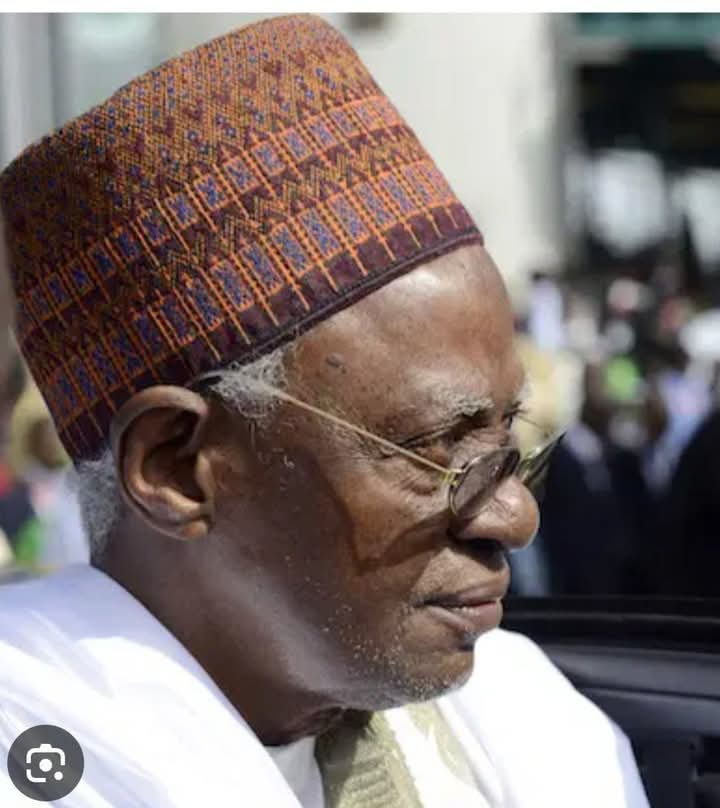
On this day, 41 years ago, a group of military officers overthrew the elected government of President Shehu Shagari, bringing to an end the era, generally referred to as the 2nd Republic.
The coup which later threw up General Muhammad Buhari as leader was welcomed by many because the administration was portrayed as inept and highly corrupt. Coming barely three months after a general election, it was easy for politicians who lost to feel a sense of justice for the sacking of that administration.
But the cost was enormous. It was a democracy that was hard-earned coming 13 years after the preceding one known as the 1st Republic was sacked.
In the intervening period, there was a longing for a return to civil rule as it was believed that the civil war and all that happened wouldn’t have taken place if the 1st Republic was not ended. Besides, it was believed that whatever was the fault of the politicians of that era, that they had learnt their lessons and would do better if given another chance.
The delay by Gowon to do so robbed his regime of substantial goodwill and gave the set of military boys that overthrew him some of the reasons they needed.
Little wonder that when Murtala Muhammad took over, he quickly announced a date to return the country to civil rule.
The Shagari administration, bad as it was, produced some of the best leaders Nigeria has ever had, such that whenever people talk about them, it is with a sense of loss.
The set of civilian governors of that era where visionaries who knew what leadership was about. They did much to develop their states and raise the standard of living.
If you minus what these set of governors, like Lateef Jakande, Bola Ige, Solomon Lar, Aper Aku, Sam Mbakwe, Balarabe Musa did in their respective states, the foundations supporting strong institutions there would be gone.
But more than physical infrastructure, the 2nd Republic went far in trying to unite the country.
A Fulani was president, an Igbo, vice president; (this is something some cannot even contemplate now), Yoruba, chairman of the ruling party and head of judiciary; a southern minority, Senate President and an Igbo as speaker.
At the time the coup was announced, the NPN had started breaking through the barriers of ethnic politics and the nation was heading towards real democracy where the fine elements of lobby, suasion and alliances triumphed over atavistic cleavages.
You may not agree with its ways of breaking the opposition, but the NPN government did reach out to the opposition and penetrated their fortress.
Intra-party politics was at its best as every position had to be earned. Up to the time the administration was overthrown, no one knew who Shagari would have picked as his successor.
The truth was that even Shagari did not know as he did not possess such powers. Vice president Ekwueme believed Shagari would have handed over to him and Akinloye too. It seemed like whoever would pick the ticket would have been a product of consensus and I believe that is how it should be.
Again, had the military not intervened, the opposition parties would have succeeded in forming an alliance of progressives that would have given them the impetus to make an impact in subsequent elections.
But all that were thrown away with that radio announcement.
The only thing the military had on that administration was corruption. On that charge no one can plead ‘not guilty.’
But with the benefit of hindsight corruption then revolved around asking for 10 percent kickbacks in contracts.The succeeding administrations did worse in terms is looting taking the whole 100 percent as kickbacks!
With the benefit of hindsight, I am convinced that military governments are aberrations despite sparks of positivism evinced by the current wave of military rule in the Sahel region.
-
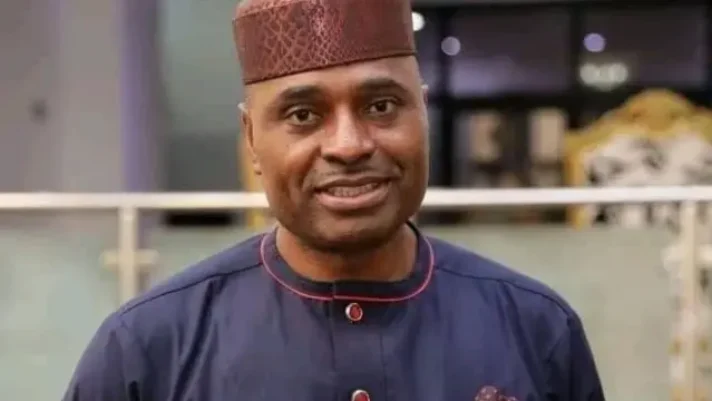
 National News2 days ago
National News2 days agoNo one can praise Tinubu’s government without sounding foolish – Kenneth Okonkwo
-
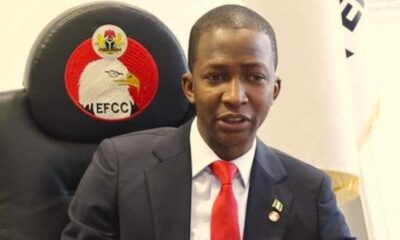
 National News2 days ago
National News2 days agoEx-EFCC chairman Abdulrasheed Bawa unveils explosive book on Nigeria’s fuel subsidy fraud
-

 Entertainment2 days ago
Entertainment2 days agoPopular Nollywood actress opens up on separation from husband
-

 Metro News2 days ago
Metro News2 days agoBauchi man to present Sallah ram to Tinubu in Lagos after failed attempt
-
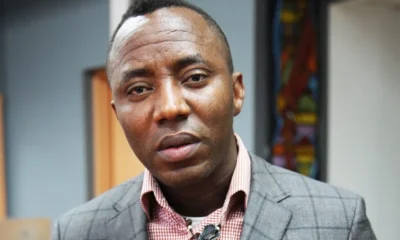
 Politics2 days ago
Politics2 days ago2027: Sowore expresses concern over coalition to unseat Tinubu
-

 Entertainment2 days ago
Entertainment2 days agoStop calling my daughter ‘Duduke’ – Simi tells fans
-
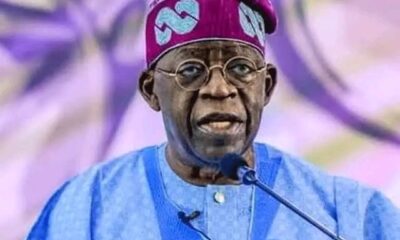
 National News2 days ago
National News2 days agoTinubu confers CFR national honour on Bill Gates
-
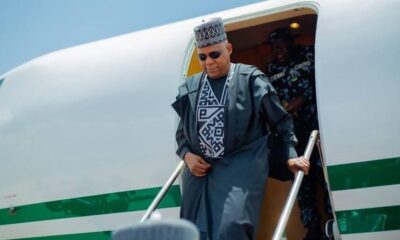
 National News2 days ago
National News2 days agoBreaking: Shettima storms Mokwa as death toll rises





















